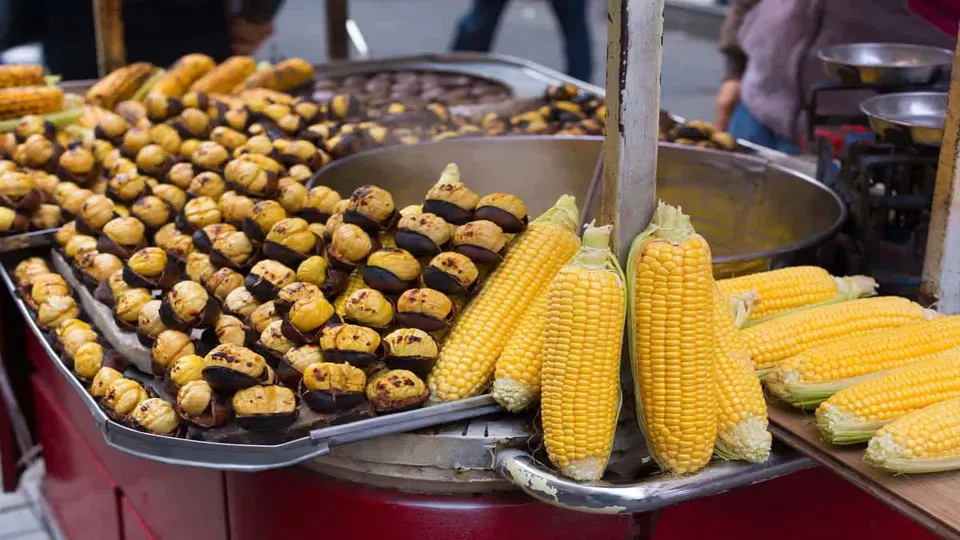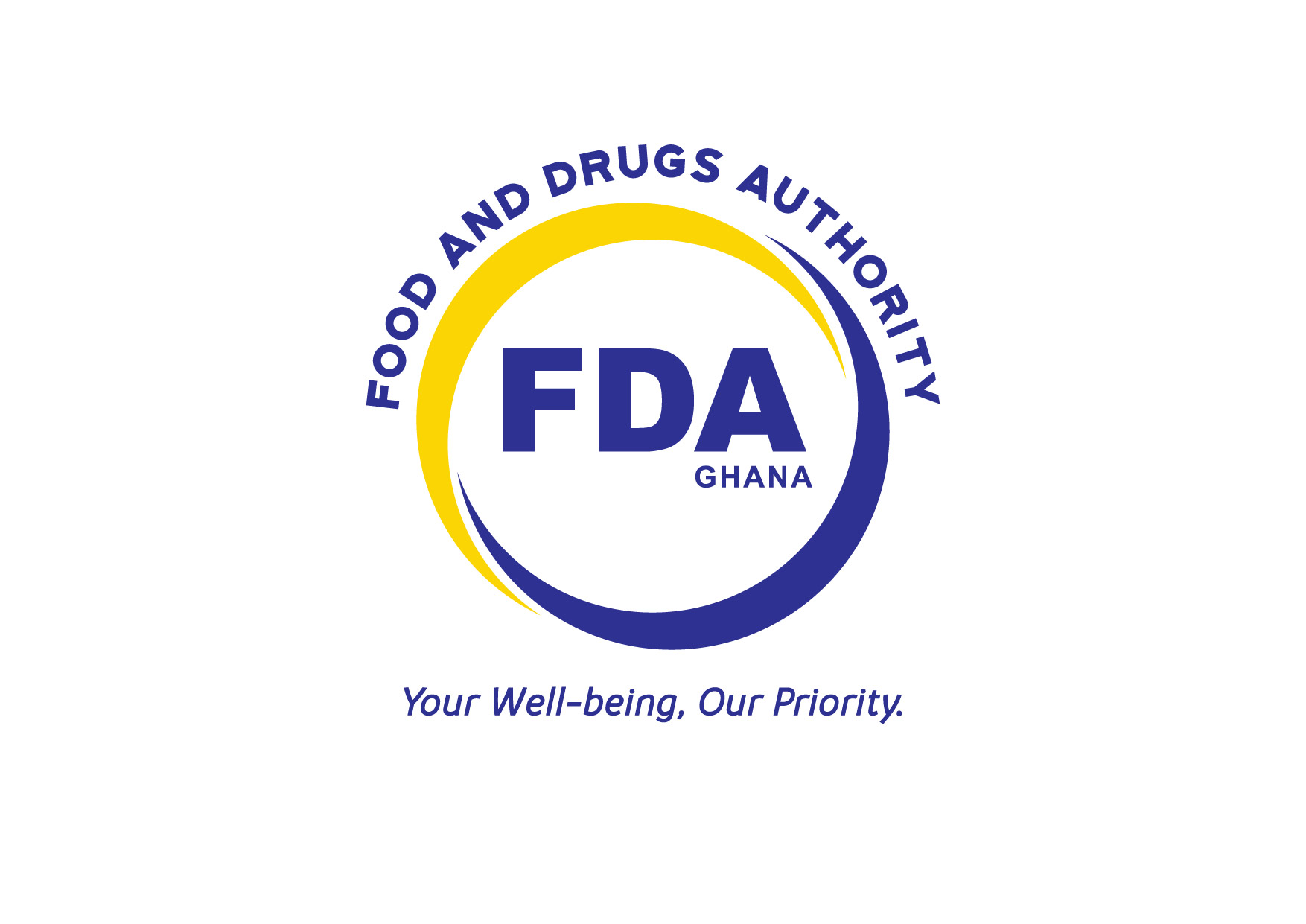
During Ghana's rainy season, the combination of high humidity and fluctuating temperatures creates an environment conducive to the proliferation of bacteria and fungi.
This increases the risk of foodborne illnesses, making it essential to be cautious about dietary choices.
Here are five foods to avoid during this period to maintain optimal health:
1. Leafy Green Vegetables
While leafy greens like spinach, lettuce, and cabbage are typically nutritious, they can pose health risks during the rainy season. The damp conditions facilitate bacterial and fungal growth on these vegetables, which may not be entirely eliminated through washing.
Consuming contaminated greens can lead to gastrointestinal issues. It's advisable to opt for vegetables like gourds and pumpkins that are less susceptible to contamination.
ALSO READ: 6 common Ghanaian foods that can make you gain excessive weight
2. Street Food
Street foods, though tempting, should be approached with caution during the monsoon. The increased humidity and potential exposure to contaminated water elevate the risk of foodborne infections.
Additionally, the hygiene standards of street vendors may not always be reliable, further increasing the risk of illnesses such as diarrhoea and typhoid.
ALSO READ: 5 Irresistible Ghanaian foods that leave visitors wanting to return
3. Seafood
The monsoon season coincides with the breeding period for many fish and seafood species. During this time, seafood is more prone to contamination and spoilage due to the humid conditions.
Consuming such seafood can lead to food poisoning and other digestive issues. It's advisable to limit or avoid seafood intake during the rainy season.
4. Pre-cut Fruits and Raw Salads
Pre-cut fruits and raw salads can be breeding grounds for bacteria, especially when exposed to open air and handled without proper hygiene. The risk is heightened during the rainy season due to increased moisture and potential contamination from dirty water.
To minimize health risks, it's better to consume freshly cut fruits prepared at home and opt for cooked vegetables over raw salads .
ALSO READ: These 5 Ghanaian foods can naturally boost your mood and energy
5. Fried and Oily Foods
Fried foods like samosas and pakoras are popular during the rainy season but can be heavy on the digestive system. The high oil content can lead to bloating, indigestion, and acidity, especially when the body's metabolism slows down in humid conditions. Moreover, reused cooking oil, common in some eateries, can be harmful to health. It's advisable to limit the consumption of such foods during this period .
Being mindful of food choices during Ghana's rainy season is crucial for maintaining good health. Opting for freshly prepared, home-cooked meals and avoiding foods prone to contamination can help prevent foodborne illnesses and ensure well-being throughout the monsoon.
Read Full Story
















Facebook
Twitter
Pinterest
Instagram
Google+
YouTube
LinkedIn
RSS